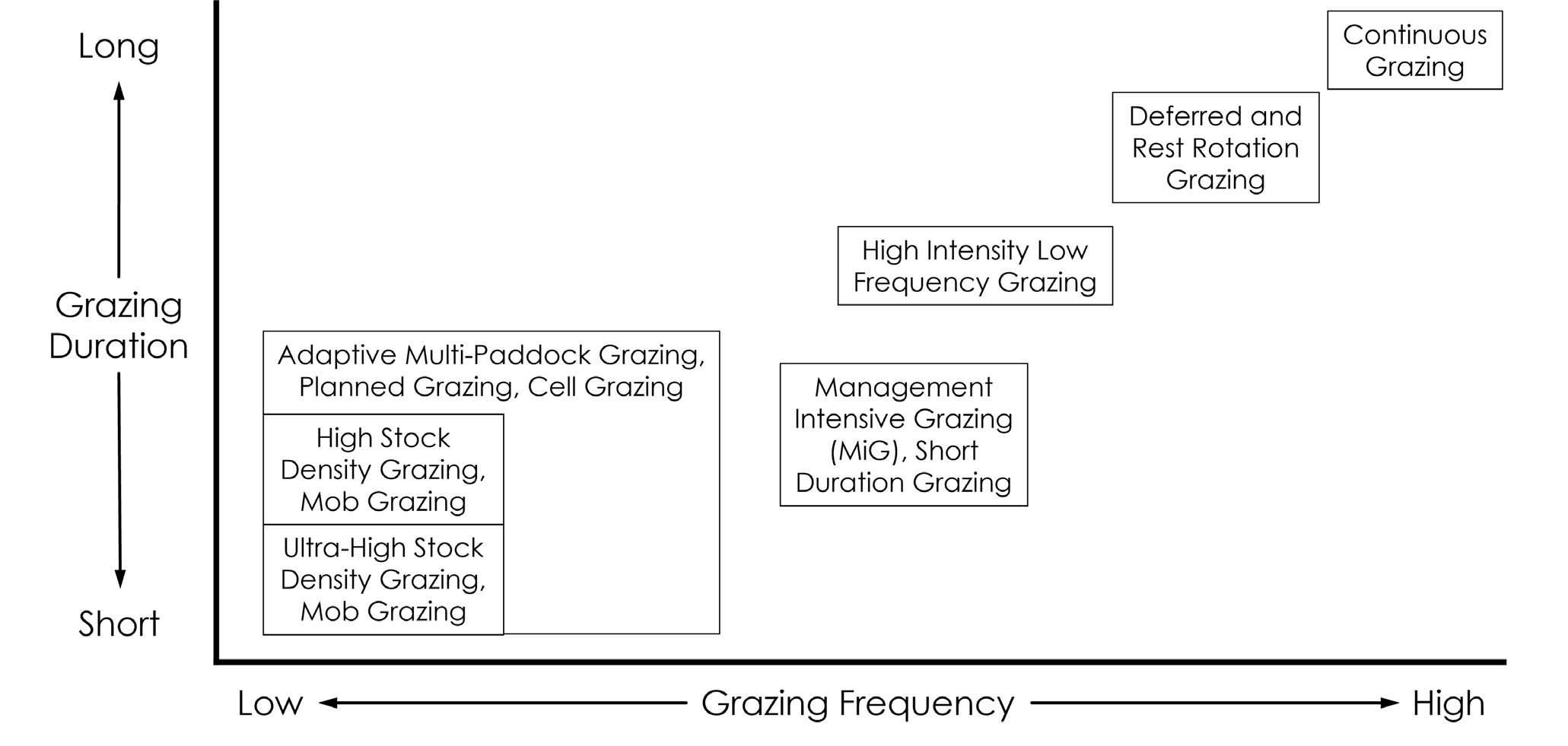By Justin Morris, NCAT Regenerative Grazing Specialist, and Lee Rinehart, NCAT Sustainable Agriculture Specialist
Did you know that the most important livestock on your farm are the ones you never purchased and, in most cases, have rarely, if ever, seen? These livestock, along with plant roots, play an essential role in improving soil health, which is the foundation of any agricultural operation. But what is soil health and how does one go about improving it? The NCAT four-part webinar series Advanced Grazing for Regenerating Soils and Enhancing Animal Nutrition begins by addressing this question.
Soil health is defined as the continued capacity for soil to function as a vital, living ecosystem that enhances the well-being of plants, animals, and humans. Healthy soil should be full of life, from earthworms and dung beetles on the large scale down to bacteria and fungi on the smallest scale. Our very existence is dependent on life that can only be seen, in most cases, under a microscope. Yet it’s these microscopic life forms that create stable soil aggregates that provide a host of benefits ranging from improving water infiltration to improving plant-available water and even improving gas exchange. Well-aggregated soils allow our landscapes to be more resilient to the environmental extremes of severe droughts and floods that are becoming increasingly prevalent and severe.
So how do we get well-aggregated soils that can make our grazing operations more resilient going into the future? We focus on five soil health principles through our grazing management:
- Optimize disturbance – lack of disturbance is harmful to the soil ecosystem when plants aren’t grazed periodically, and too much disturbance through overgrazing is also harmful as soil life goes on a starvation diet.
- Optimize biodiversity – different plants are associated with different beneficial soil microorganisms that help facilitate soil aggregation in a variety of ways.
- Optimize soil cover – too little cover exposes the soil to extreme weather conditions and too much cover slows down and halts nutrient cycling.
- Grow living roots throughout the year – the longer the time roots grow, the longer soil life is fed that helps to create and maintain more stable soil aggregates.
- Integrate livestock on cropland where possible – livestock grazing a diverse blend of annual forage plants in addition to growing cash crops can improve the feeding of soil aggregate-building microorganisms in addition to growing cash crops.
In session 1 of the webinar series, we begin to break these concepts down and discuss diversity and disturbance as linchpins that hold a resilient ecosystem together. In resilient pastures, everything is in flux and managers can imitate the natural successional processes through optimized disturbance to move the pasture system toward a natural polyculture and increased biodiversity.
These principles are followed by a discussion on how physical and chemical processes form stable soil macroaggregates only in association with soil life. Without this collaboration, plants cannot promote the conversion of sunlight energy into carbohydrates, proteins, fats, vitamins, minerals, and medicinal compounds that livestock, and eventually humans, need to thrive.
We wrap up the session by tying in grazing management principles that enhance and improve pasture resilience and livestock productivity. We detail various ways land managers have provided optimal disturbance that fosters biodiversity and resiliency by the fluctuation of grazing duration and frequency (see figure below).

Session 1 of the webinar can be viewed here. The remaining three sessions of this series will be held on May 12, May 26, and June at 5 pm Central time. Register here.
This blog is produced by the National Center for Appropriate Technology through the ATTRA Sustainable Agriculture program, under a cooperative agreement with USDA Rural Development. ATTRA.NCAT.ORG.
